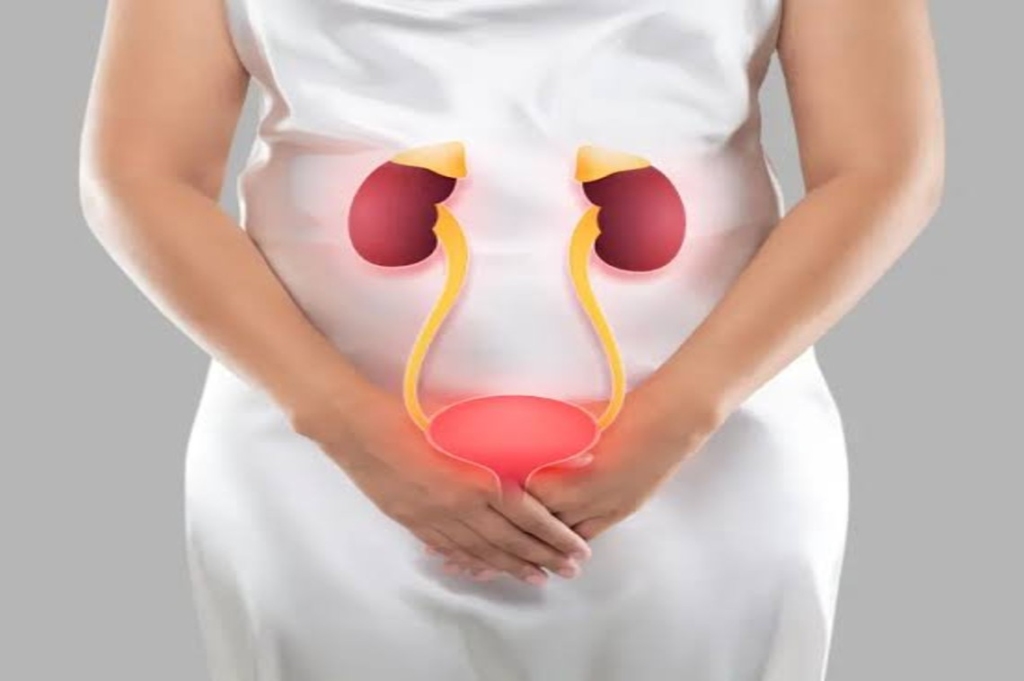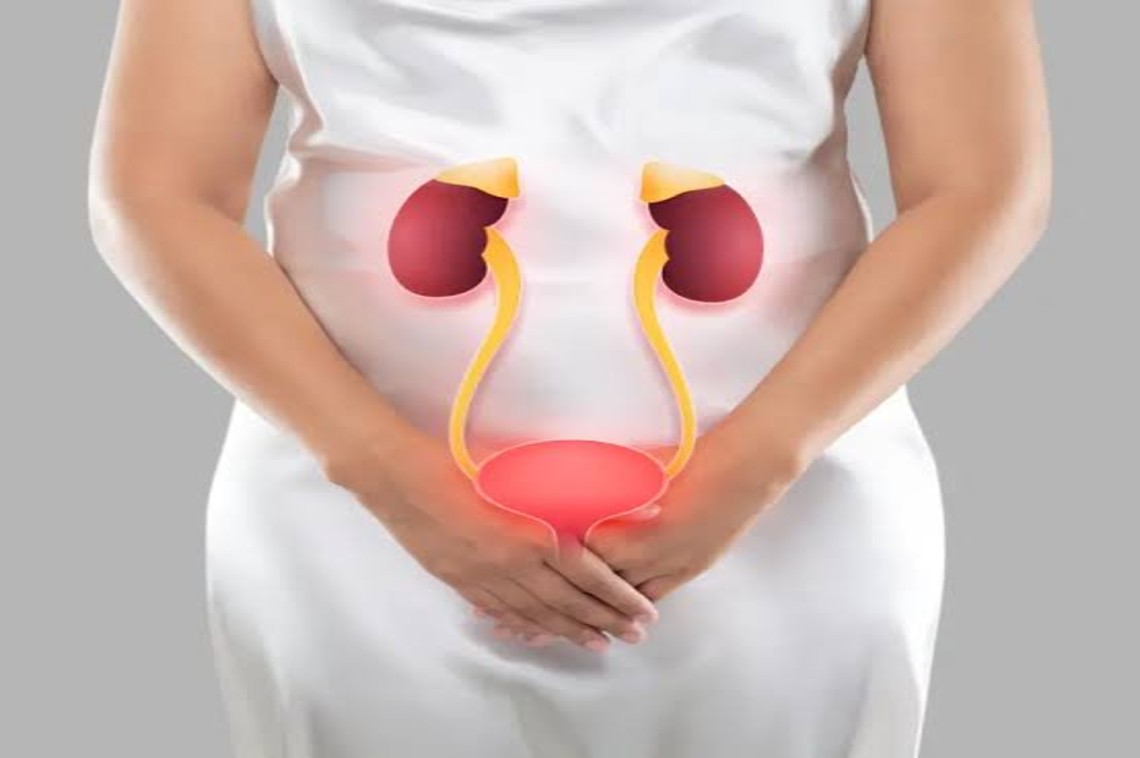
Urinary incontinence is the involuntary leakage of urine. It affects many women, especially after pregnancy, childbirth and menopause, but it can occur at any age. Types of incontinence include stress incontinence (leakage during coughing, sneezing or exercise), urge incontinence (sudden, strong urge), overflow incontinence (bladder doesn’t empty fully) and mixed forms. Incontinence can impact social activities, self‑esteem and quality of life if not addressed.
Causes / risk factors
- Pregnancy, vaginal or assisted childbirth and menopause
- Weakness of pelvic floor muscles
- Hormonal changes and ageing
- Obesity and chronic coughing
- Urinary tract infections and pelvic surgeries
Symptoms
- Leakage of urine during laughing, coughing, sneezing or lifting
- Sudden strong urge to urinate with inability to reach the toilet in time
- Frequent urination day and night
- Waking up with wet clothing or bedding (nocturnal enuresis)
- Persistent sensation of incomplete bladder emptying
When to seek help / emergency signs
- Sudden change in bladder control that persists for more than a few days
- Blood in urine or recurrent urinary infections
- Pelvic pain, pressure or neurological symptoms (e.g., numbness, weakness)
- Leakage accompanied by a fever or burning during urination
- Difficulty urinating or inability to empty the bladder
Diagnosis
Evaluation begins with a detailed history and pelvic exam. We may ask you to keep a bladder diary noting fluid intake, urination times and leakage episodes. Urine tests check for infections or blood. Urodynamic studies measure how the bladder fills and empties, while ultrasound or post‑void residual tests assess bladder capacity and residual volume. In selected cases, cystoscopy may be performed to visualize the bladder and urethra.
Treatment options
Treatment depends on the type of incontinence. Conservative options include pelvic floor muscle training (Kegel exercises), bladder training and lifestyle modifications like weight management and reducing bladder irritants (caffeine, carbonated drinks). Medications such as anticholinergics or beta‑3 agonists help relax the bladder. Hormone therapy may be offered for post‑menopausal women. Minimally invasive procedures such as urethral bulking injections or sling surgery support the urethra for stress incontinence. For urge incontinence, neuromodulation or Botox injections may be recommended.
Prevention / aftercare
Strengthening pelvic floor muscles through regular exercises, treating chronic cough or constipation and maintaining a healthy weight can reduce risk. After treatment, we schedule follow‑ups and teach techniques to maintain bladder control and prevent recurrence.
